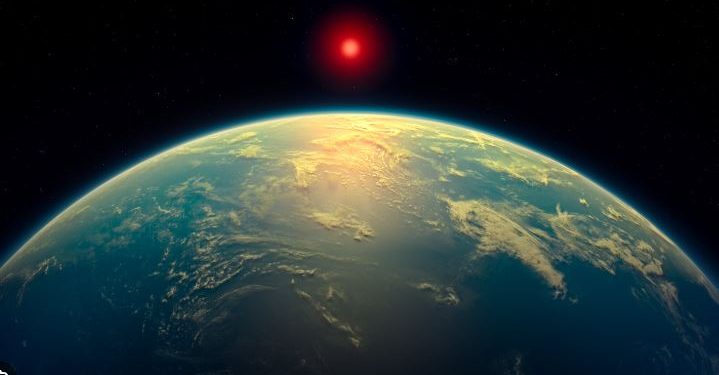In a groundbreaking discovery, scientists have detected potential biosignatures on a planet 120 light-years from Earth, offering the strongest hint yet of life beyond our solar system.
The planet, known as “K2b”, orbits a distant star. Using the James Webb Space Telescope, researchers identified two key gases in its atmosphere — dimethyl sulfide (DMS) and dimethyl disulfide (DMDS) — both of which, on Earth, are typically produced by microbial life, especially ocean-based phytoplankton.
Dr. Nikku Madhusudhan of the University of Cambridge, who led the study published in the Astrophysical Journal Letters, described the finding as a potential turning point in the search for extraterrestrial life.
While not definitive proof of life, the researchers say the discovery represents a major step forward in detecting habitable environments beyond our solar system.













